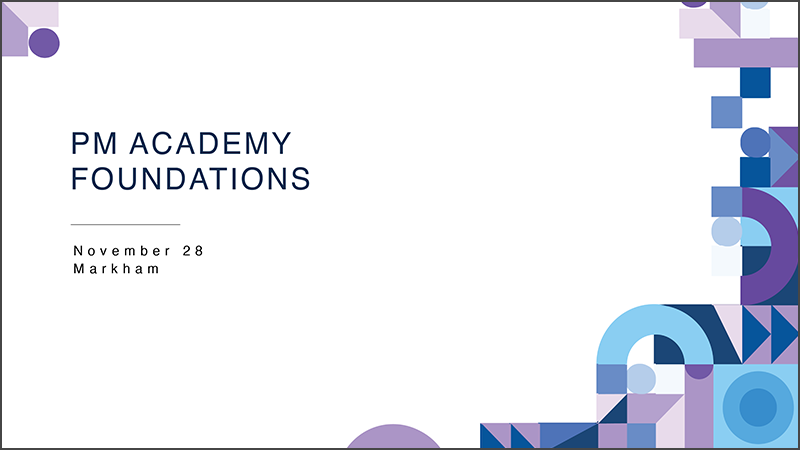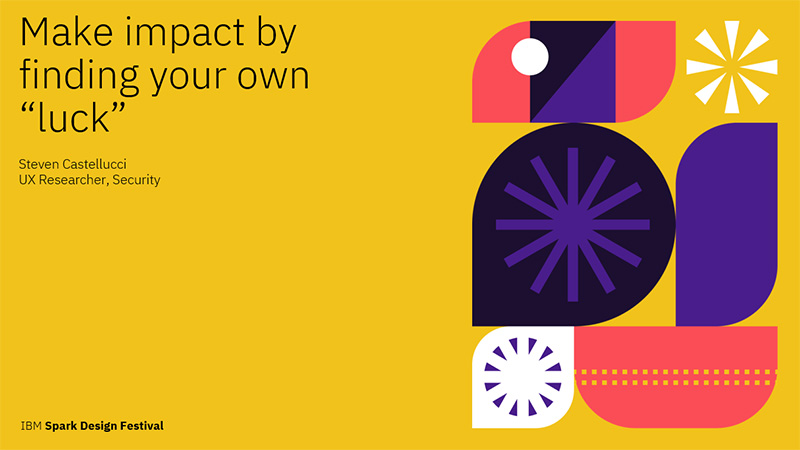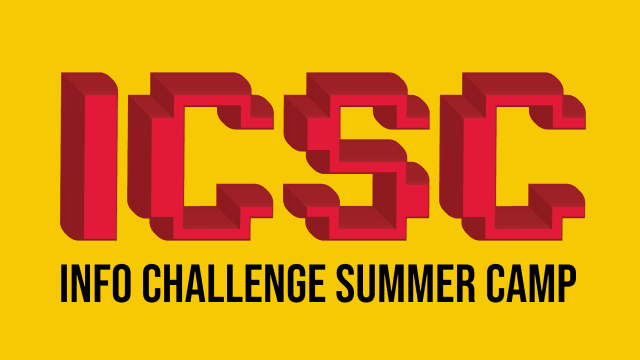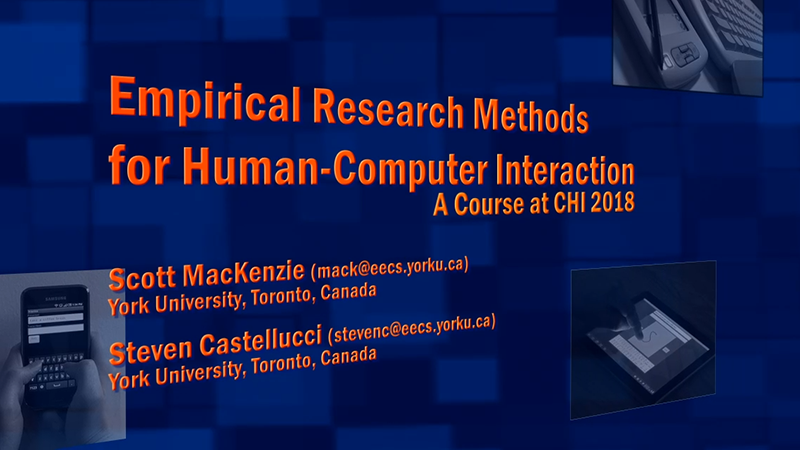Invited Talks
UX and HCI presentations and panel discussions

Product Lifecycle and UX Research

I co-facilitated a workshop for product managers (PMs) across the IBM Software organization. I outlined the research methods we employ, and highlighted the benefits of user research to the product development lifecycle. Specifically, by engaging user research earlier, PMs benefit from having more user insights, earlier in the process. They can then use this information to make more strategic, data-driven product decisions. I also gave examples of recent user research projects we conducted, their results, and the impact of the insights we surfaced.
Making Impact With "Luck"

When discussing how fellow researchers and I were able to make significant impact in our respective projects, a common refrain of "it was luck" emerged. But the more we learned about each situation, the more evident it was that the results were due to hard work, and identifying an opportunity for a positive outcome. What we often attribute to luck is influenced by our own unique experiences and knowledge. And translating that into a positive outcome is based on our skills and abilities. In this talk, I outline where my luck comes from, how I was able to make impact, and how others might find their own "luck".
Information as a Profession

During the University of Maryland's Info Challenge Summer Camp, I shared my career path, and my passion for leveraging information research to help others achieve their goals. As a professor, I taught students topics that aligned with their career aspirations. As a software engineer, I helped online consumers get any number of items to help in their daily lives. And as a user researcher in the cybersecurity domain, I help companies protect their digital assets and their customers' personal data.
Empirical Research Methods

Scott MacKenzie invited me to co-present his course on empirical research methods at CHI. This course teaches how to pose testable research questions, how to make and measure observations, and how to design an experiment. In the first half, course attendees participate in a real experiment to gain experience as both an investigator and as a participant. The second half covers how to analyze data (using the data gathered during the first half), and how to how to write a CHI paper based on experiment results.